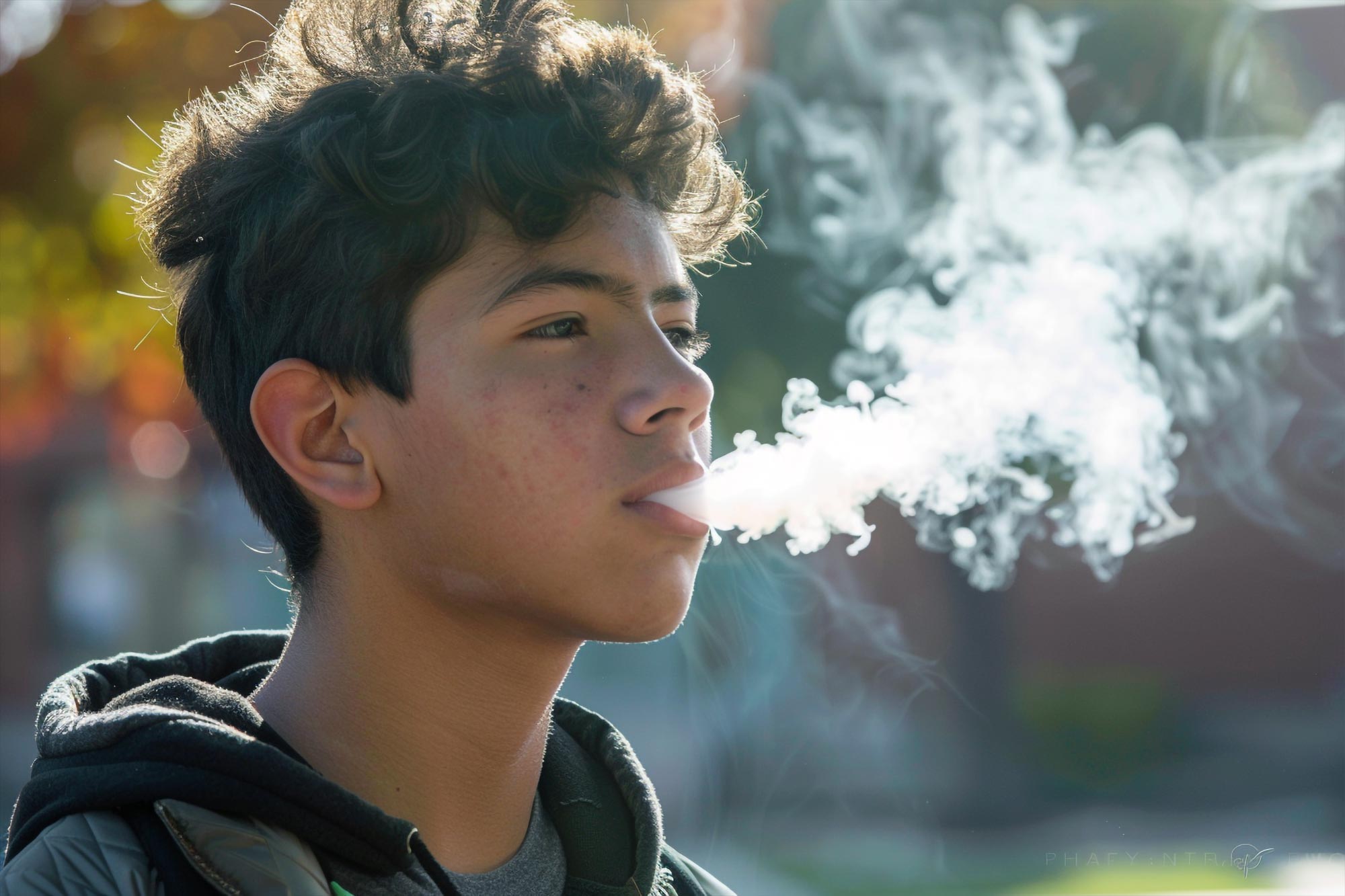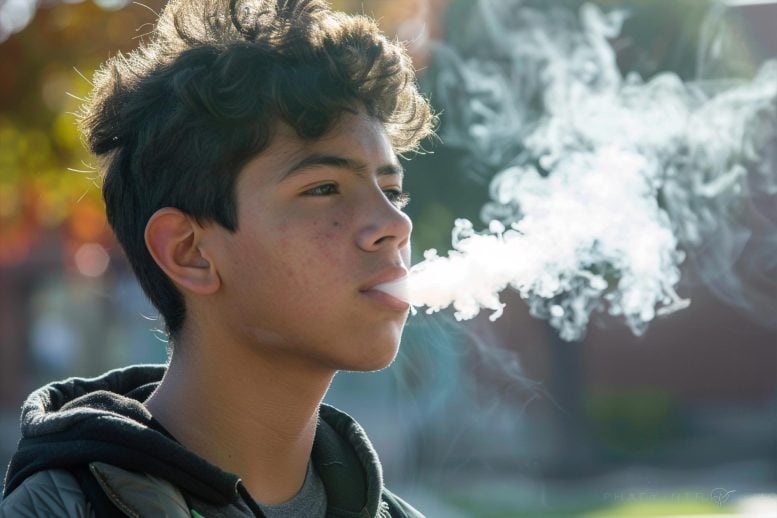

The findings add to a growing body of evidence suggesting that flavoring additives in vaping solutions may heighten health risks.
New research suggests that berry-flavored vapes can compromise the lungs’ natural defenses, making it more challenging for the body to combat infections. The study compared the effects of flavored e-cigarettes with those of unflavored ones.
While previous research has shown that all forms of vaping can be harmful, the scholars said this study adds to a mounting body of evidence demonstrating how added flavorings to vaping solutions can exacerbate the dangers.
Study Design: Investigating Immune Cell Function in Mice
Inspired by a series of reported lung injury cases in teenagers in 2019, McGill Assistant Professor Ajitha Thanabalasuriar in the Department of Pharmacology & Therapeutics, in collaboration with Erika Penz from the University of Saskatchewan, exposed mice to e-cigarette vapor over several days and used a live imaging technique to observe their lung immune cells in real-time.

The study, published in PNAS, showed that specific chemicals in the berry vapes paralyze immune cells in the lungs responsible for clearing out harmful particles, leaving the body more vulnerable to respiratory infections. The unflavoured ones did not have that effect.
Concerns Over Child-Targeted Marketing
“We need to be careful about the types of flavors that we’re including in these products. They can have detrimental effects. I think that’s really the take-home message, especially some of these vaping products that are marketed for kids — the way they’re sold, the type of containers they are sold in — it’s very colorful, it’s really attractive to children, and this can be a really bad thing for our future,” she said.
More work is needed to pinpoint the specific compounds in berry-flavored vapes responsible for impairing immune cells and to confirm whether the effects observed in mice also occur in humans, she noted.
While smoking rates are declining, more than one in five young adults ages 18 to 24 vape in Quebec, according to provincial data.
Reference: “Alveolar macrophage function is impaired following inhalation of berry e-cigarette vapor” by Amelia Kulle, Ziyi Li, Ashley Kwak, Mathieu Mancini, Daniel Young, Daina Zofija Avizonis, Marc Groleau, Carolyn J. Baglole, Marcel A. Behr, Irah L. King, Maziar Divangahi, David Langlais, Jing Wang, Julianna Blagih, Erika Penz, Antoine Dufour and Ajitha Thanabalasuriar, 23 September 2024, Proceedings of the National Academy of Sciences.
DOI: 10.1073/pnas.2406294121
The study was funded by the Canadian Institute of Health Research, the McGill Interdisciplinary Initiative in Infection and Immunity, and the Canadian Research Chair research allowance.